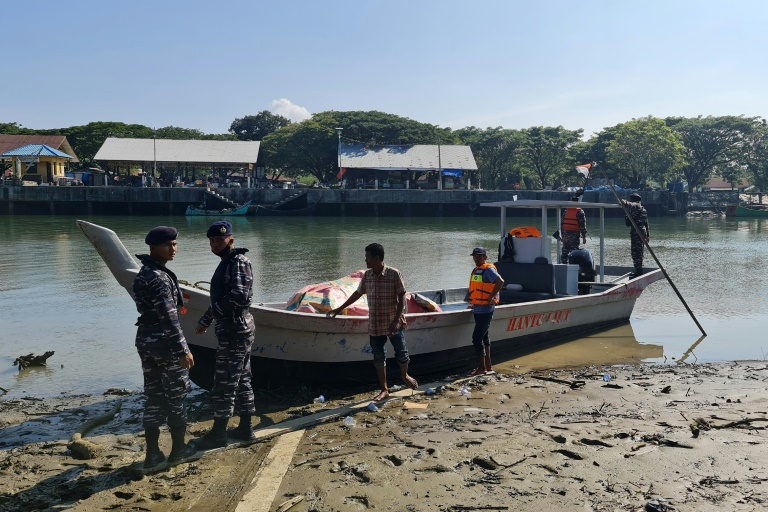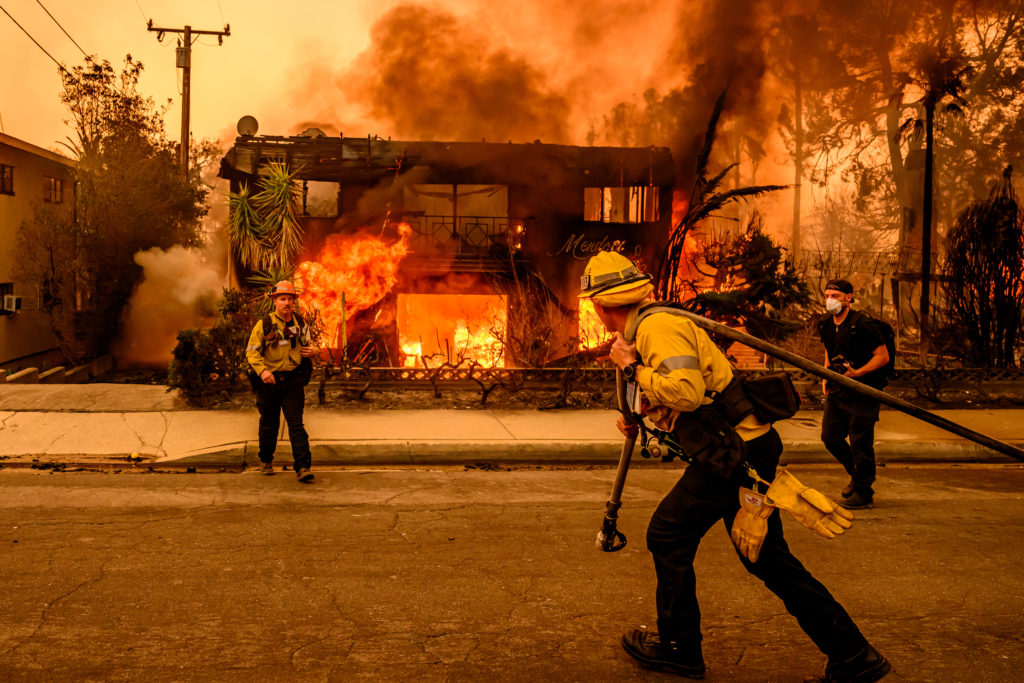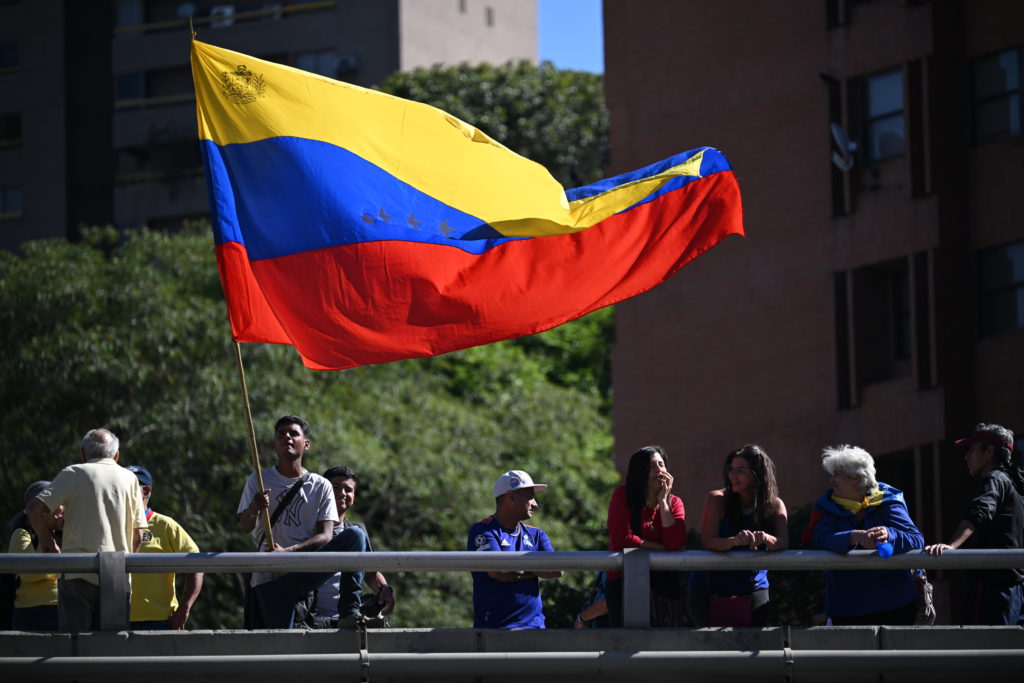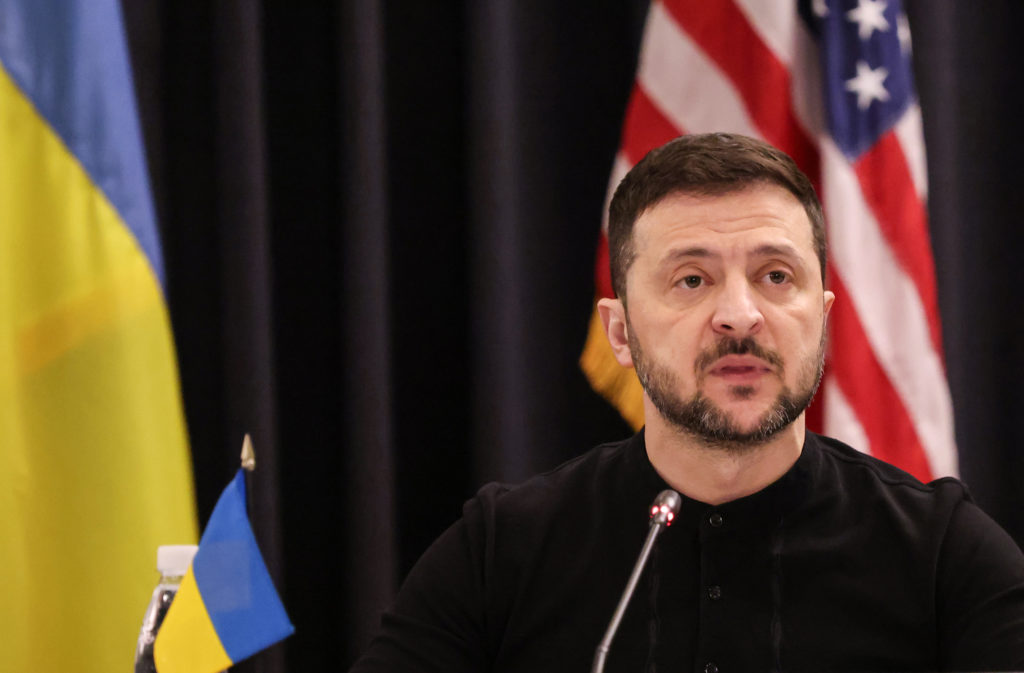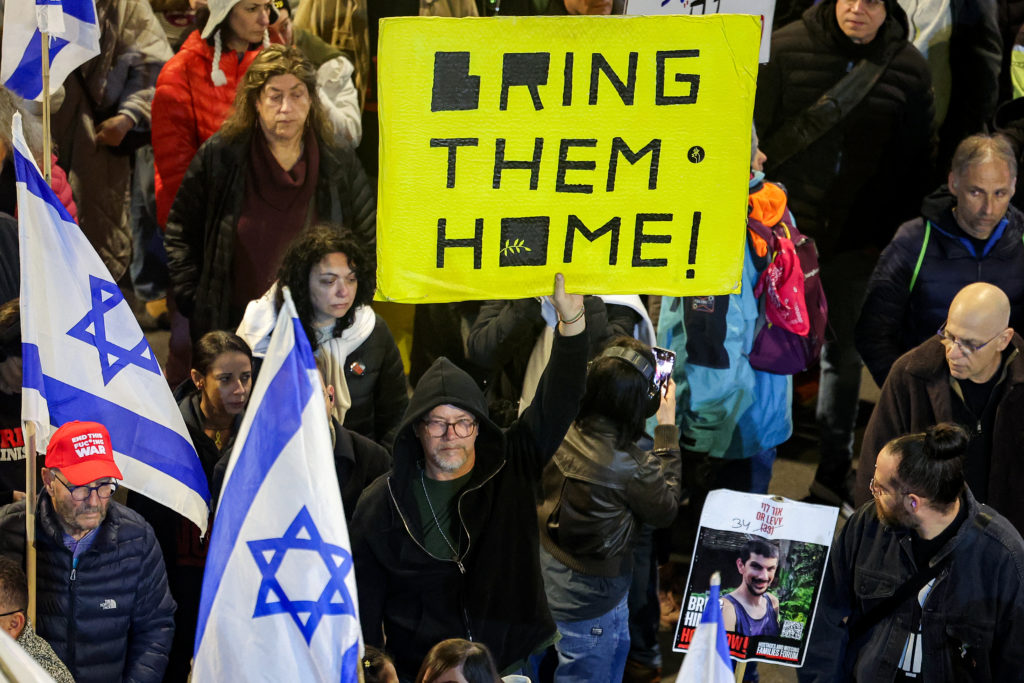Fisherman Edi Saputra had been at sea for four days off the coast of Indonesia’s Aceh province when he got a call from a friend asking him to come urgently: he had stumbled across a crippled boat packed with foreigners.
Saputra and his fellow fishermen raced to the spot, about 30 miles away, where the friend was waiting near a small wooden vessel helplessly adrift on the ocean.
Video footage shot as they drew up alongside the boat shows the deck heaving with people –- mostly women and children.
“When we got there, they talked to us using sign language asking for food and water,” the 39-year-old Saputra told AFP. “We didn’t have much food at the time because our boat was small, but we gave it all to the refugees.”
The generosity and compassion shown by the local Acehnese to the plight of the more than 100 Rohingya stand in stark contrast to the attitude of the Indonesian authorities –- as well as those of neighbouring countries, where refugees from Myanmar’s persecuted Muslim minority are shunned.
Adrift on the Indian Ocean for 26 days after their engine failed, the migrants were in a desperate state when they were found on December 25, Saputra said.
Their wooden vessel, dangerously overcrowded, was taking in water and the worsening weather threatened a catastrophe.
“I really wanted to help them,” he said. “There are so many kids and women. I cried seeing the kids as they reminded me of mine at home.”
The fishermen radioed in the location of the Rohingya to the authorities and stayed alongside the stricken vessel in case it started to sink, he said.
“We were there for two days to watch and protect them,” he said.
“We reached out to other Aceh fishermen in the area to come over because we were running out of food. They came, bringing food and shared it with the Rohingya.”
By the time Saputra returned to his fishing community of Bireun about 70 miles away, he said there were around 30 other fishing boats guarding the Rohingya.
“All of them wanted to help and pull them ashore but we cannot,” he said.
Local leaders said some fishermen were afraid of repercussions if they acted to bring the migrants into Indonesia without official approval.
– Public sympathy –
For many Acehnese, memories of decades of bloody conflict have made them more sympathetic to the plight of their fellow Muslim refugees.
“We Acehnese also suffered from nearly 30 years of bitter conflict in the past. At that time many international communities worked hand in hand to help us,” said North Aceh resident Firdaus Noezula, 29.
“We should help whoever needs our help in the sea.”
That was not the reaction from Indonesian authorities on Tuesday, who said they had supplied the migrants with food and supplies and sent a technician to fix their boat.
“We hope (the supplies) can help the Rohingyas to continue their journey to Malaysia as they planned and intended,” Winardy, an Aceh police spokesman who, like many Indonesians, goes by only one name, told AFP.
The official indifference sparked anger among locals. A group gathered on the beach at Bireun on Wednesday demanding the government allow the migrants to be brought ashore, according to representatives from the Geutanyo Foundation, a local NGO.
Public sympathy in Aceh for the Rohingya rose after videos taken by the fishermen on their phones spread on social media.
“We saw videos of their condition,” said Bireun resident Wahyudi, 35.
“They must be treated with kindness as human beings.”
For Wahyudi, too, reaching out to bring the migrants to safety was also a reminder of Aceh’s troubled past.
“We’ve been there, experiencing the same (suffering that the Rohingyas) have,” he said. “We fled crossing the sea and were helped by people from various countries.”
After a day-long meeting among officials in Bireun, the government on Wednesday evening relented and said it would bring the migrants ashore.
“The decision was taken after considering the emergency condition of the refugees on that boat,” said Armed Wijaya, who heads the national task force on refugees.
“It’s a credit to the fishermen community in Aceh who pushed hard and took risks so that these children, women and men could be brought to shore,” Amnesty International Indonesia said in a statement after the announcement.
“They have shown the best of humanity.”
strs-hrl/pbr/jfx

